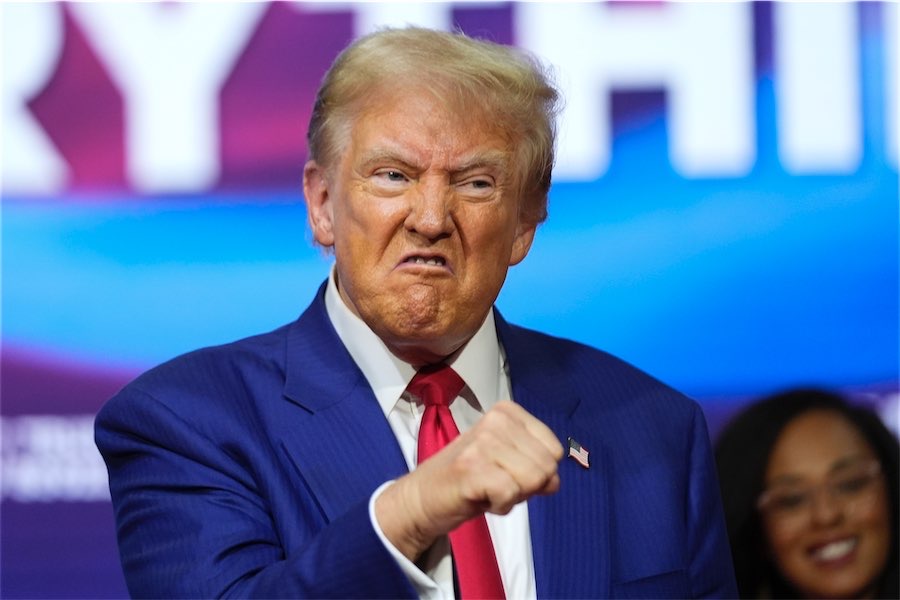
“A fundamental value of the West is our tolerance of people’s ideas and actions – provided they are not hurting others,” writes political columnist MICHAEL MOORE.
A question was posed to me while travelling in the Middle East recently: “But, what does the West really stand for these days?”
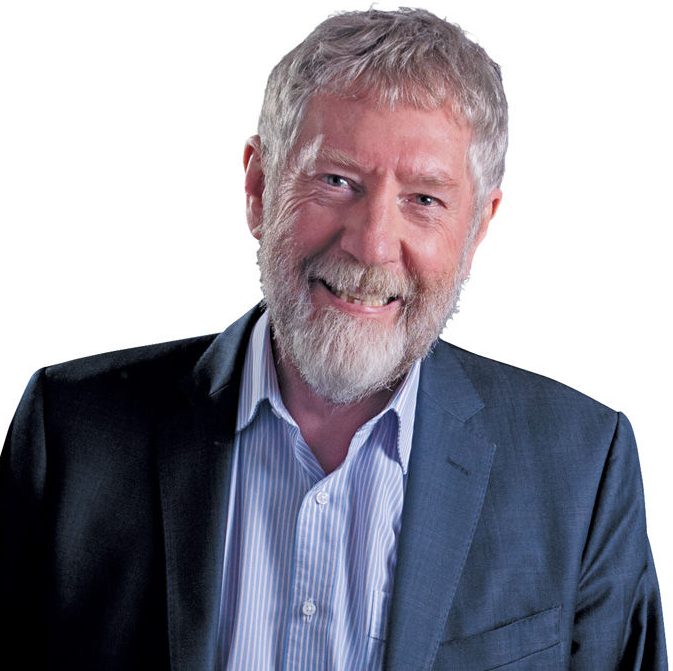
The question threw me somewhat, and left me a little perplexed about how I should answer.
The question was raised by highly educated Saudi Arabian health professionals, who had all studied at post-graduate level in the West. This made the question even more interesting. The discussion went on to reflect on the West in the past. Democracy, equality, liberty and the rule of law were all mentioned.
My immediate reaction was that currently the West stands up for tolerance. Tolerance of different perspectives, of alternative attitudes, of different races, religions and sexual preferences. There are many more.
I was not so sure that this would be convincing for my colleagues as a good thing – but it is something that I personally value about the West.
Donald Trump was elected in the following week. It made me think even harder about what it was the West stood for these days. Democracy remains intact. President Joe Biden and Vice-President Kamala Harris conceded defeat. Preparations are underway for a peaceful handover of power. Democracy remains intact.
Tolerance was not a feature of the Trump election campaign. Rather the opposite. The Republicans received strong support with a campaign based on anti-immigration, intolerance of minorities and, to a certain extent, racism. However, what proved really interesting was the support from many African Americans and Hispanics, traditionally Democrat supporters, who voted for a change of government.
It did make me rethink tolerance and the West. Philosopher Karl Popper identified the “tolerance paradox” in a post World War II tome The Open Society and Its Enemies.
He identified the paradox where tolerant values are eroded and exploited by intolerant ideologies. His concern was that the approach would “destroy tolerance itself through authoritarian or oppressive practices”.
There were many factors in the success of the Trump campaign. Cost of living was clearly a factor in the US election. The West still expects governments to deliver strong economic outcomes, and Trump has certainly promised this to the American people.
I did point out to my colleagues that it is our constitutions that allow the West the ability to look after its minorities. Authoritarian governments can certainly be terribly efficient, can build sound economic growth and bring about outstanding change. For those who are on the same wavelength as the autocrats, things can look rosy.
However, some minorities are invariably used as scapegoats to ensure a common enemy. For these minorities or individuals, authoritarianism does not work well.
I thought it ironic that these Saudi men raised the issue of women. It is true that there are improvements underway for Saudi women. They are no longer required by law to cover their faces and hair. They are now permitted to drive cars (albeit with the permission of their husband or father). According to the World Bank, in 2023 in Saudi Arabia, labour force participation rate among female citizens is 34.5 per cent and among males is 79.9 per cent.
My colleagues referred to a 2022 documentary on Netflix with the title What is a Woman. The American documentary failed to get any straight answers. According to the official trailer, “political commentator Matt Walsh explores the changing concepts of sex and gender in the digital age, particularly the transgender rights movement”.
My colleagues found the exploration of these issues by Matt Walsh as reflecting confusion on the behalf of the West. It was seen as caving in to minority groups. We did not explore issues of homosexuality, transgender or the cultural oppression of women.
Maybe I should have asked “what is a man”? And pointed out that I am proud that the Canberra community has consecutively elected an openly gay chief minister to lead our territory. Even more importantly, it was not raised as an issue in the campaign at the last election. It is simply not relevant in a community that values diversity.
A fundamental value of the West is our tolerance of people’s ideas and actions – provided they are not hurting others. Despite the paradox, this basic value does need to be recognised, valued and protected. In the meantime, we must also continue to value and be vigilant to protect the fundamentals of democracy, liberty and equality.
Michael Moore is a former member of the ACT Legislative Assembly and an independent minister for health. He has been a political columnist with CityNews since 2006.
Who can be trusted?
In a world of spin and confusion, there’s never been a more important time to support independent journalism in Canberra.
If you trust our work online and want to enforce the power of independent voices, I invite you to make a small contribution.
Every dollar of support is invested back into our journalism to help keep citynews.com.au strong and free.
Thank you,
Ian Meikle, editor

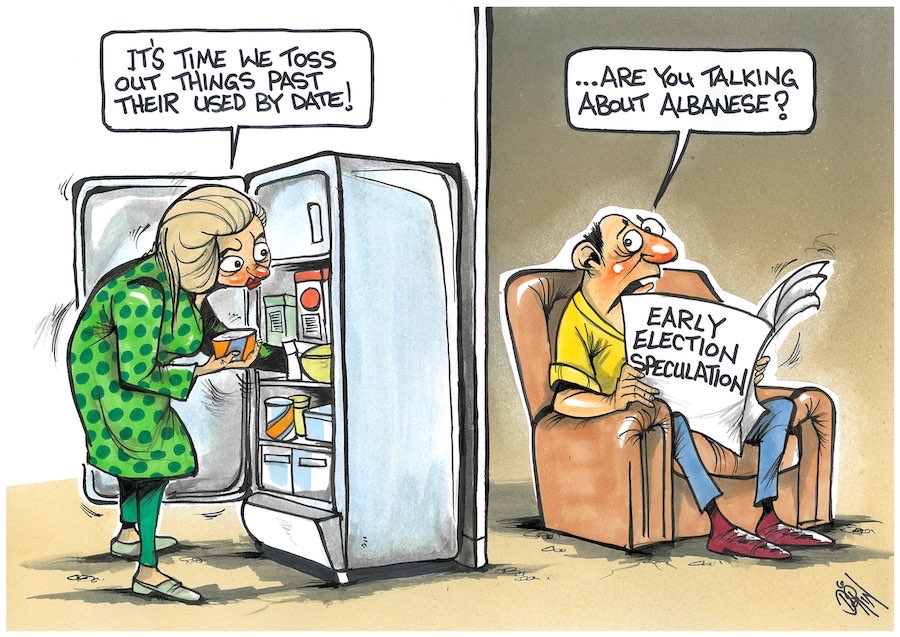
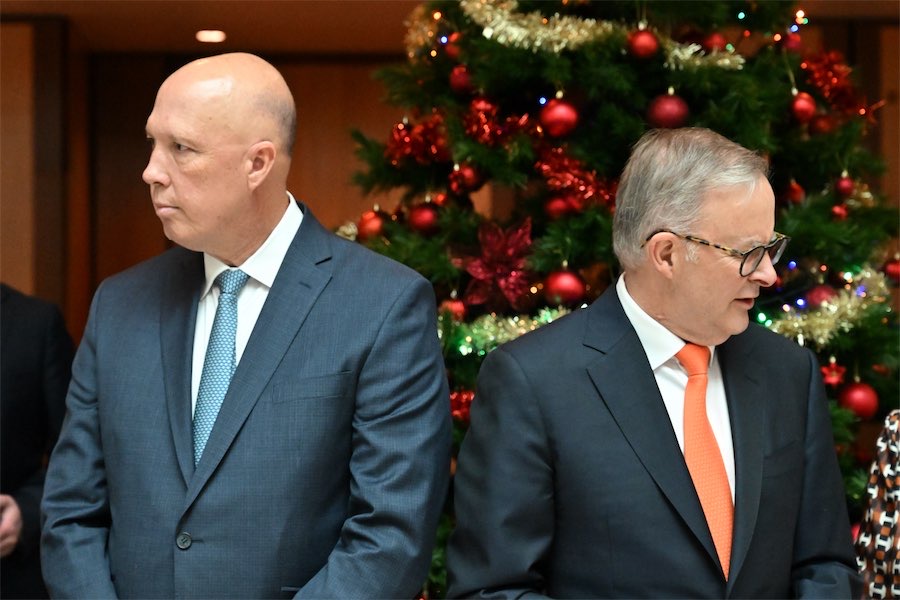
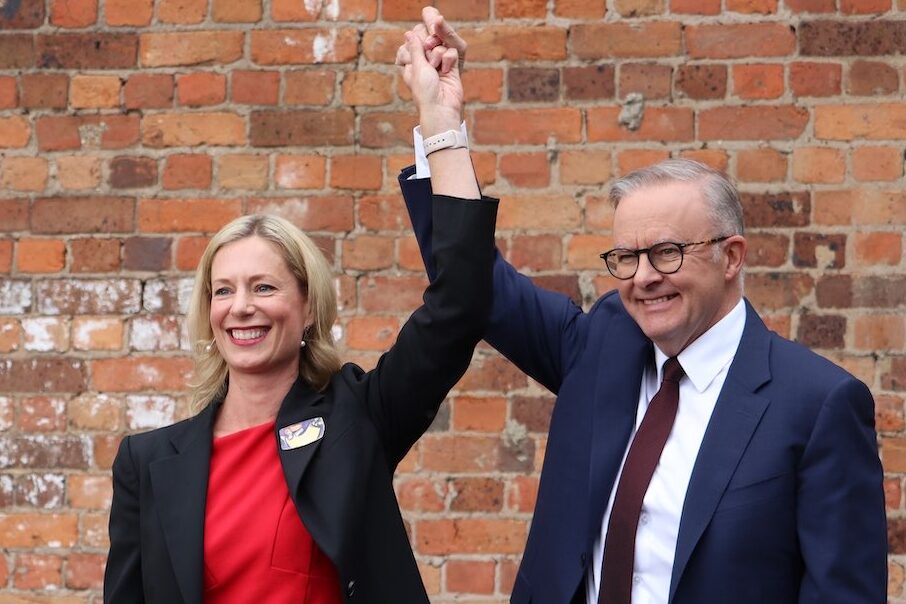

Leave a Reply